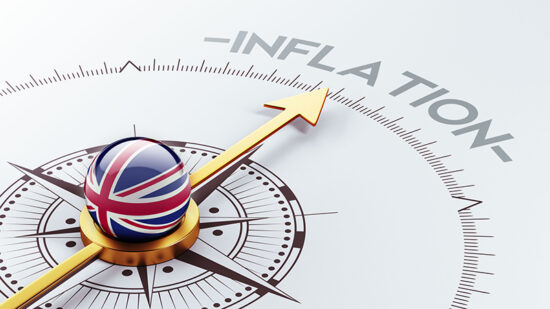The financial services provider said the fund has been pulled from the list for failing to use its flexibility to capitalise on rising markets and for its fee structure.
The Jupiter Absolute Return Fund’s cautious positioning means it rose by an average of 0.2% during negative months, compared with a 3.2% fall in the MSCI World Index.
However, the fund has tended to underperform during rising markets. The portfolio’s average return in positive months is just 0.1% while the index went up 2.6%.
Richard Troue, analyst at Hargreaves Lansdown, said: “Sheltering investors’ capital from the worst market falls has been no mean feat, however we feel Philip Gibbs should have been more proactive in using the fund’s full flexibility to capture gains during rising markets.”
Troue added that the performance is “compounded by concerns” over the fund’s fee structure. The fund charges a 15% performance fee on returns above three-month Libor, which Hargreaves Lansdown was “comfortable” with when the fund launched in 2009 and Libor was above the rate inflation.
However, Libor and other interest rates have fallen below inflation since the financial crisis, meaning managers using this arrangement have not had to provide a real return to earn performance fees.
Troue concluded: “To be fair to Jupiter, this issue is not confined to the Absolute Return Fund. Fees of this nature are commonplace in the absolute return sector. The Absolute Return Fund also has a lower annual management charge than many of its peers.
“Nonetheless we do not think it is right that investors should pay a performance fee for a fund that has failed to match inflation.”








